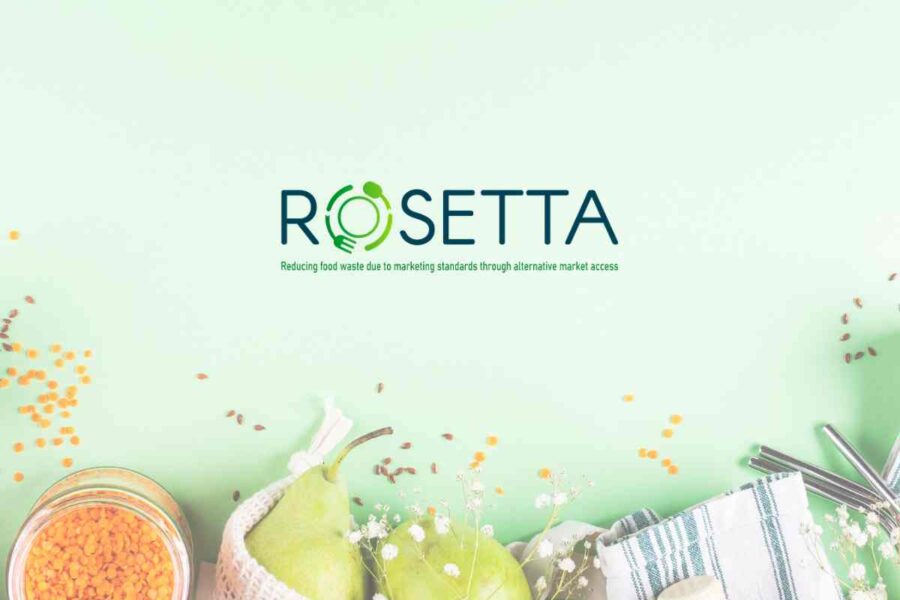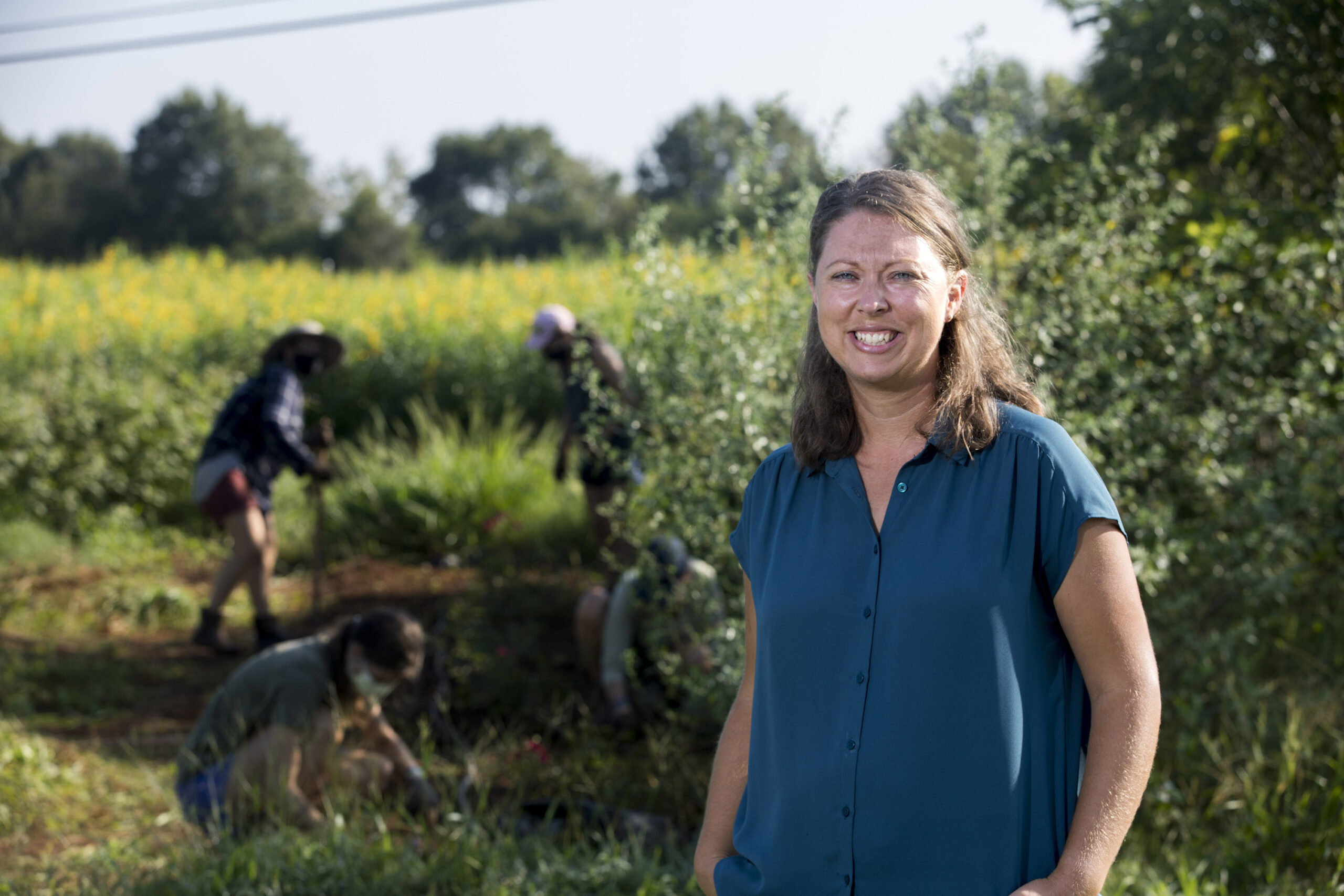Report on Preservice Physical Education Teachers’ Professional Action Competence in Education for Sustainability
Introduction
Education for sustainability is critical to addressing the complex social, economic, and environmental challenges of the 21st century, aligning closely with the United Nations Sustainable Development Goals (SDGs). Sustainability encompasses ecological, social, economic, political, and health dimensions, emphasizing intergenerational justice and the balance between development and environmental preservation. Effective sustainability education requires integrating these dimensions across local to global scales and combining individual behavioral changes with systemic transformations.
Education for Sustainability (EfS) aims to empower learners with knowledge, skills, and values to meet current and future global challenges. Two main approaches to EfS exist: emancipatory, focusing on critical thinking and capacity building, and instrumental, emphasizing behavior change. The emancipatory approach aligns with UNESCO’s vision and is predominant in contemporary education, aiming to develop students’ action competence—knowledge, willingness, and confidence to address sustainability challenges.
Physical Education (PE) offers unique opportunities to develop action competence through motor action and holistic education, including physical, cognitive, affective, and social dimensions. However, the role of PE in EfS remains underexplored, with mixed perceptions among PE teachers regarding their competence and willingness to integrate sustainability content. Professional competencies in EfS, including pedagogical content knowledge (PCK), self-efficacy, and willingness, are essential for effective implementation.
Materials and Methods
Participants
A total of 412 French preservice secondary school PE teachers (mean age 22.61 years) from eighteen teacher training institutions participated voluntarily. The sample included 141 females and 271 males, all in the final two years of training and engaged in teaching internships.
Measures and Procedure
- PACesd Questionnaire: A validated French version of the Professional Action Competence in Education for Sustainable Development (PACesd) questionnaire was administered online. It measured three dimensions:
- Perceived Pedagogical Content Knowledge (pPCKesd)
- Self-Efficacy (SEesd)
- Willingness (Wesd)
Responses were collected on a six-point Likert scale.
- Open-Ended Questions: Participants answered three open-ended questions assessing their understanding of sustainability, EfS concepts, and their application in PE. These responses provided an external assessment of PCK.
Data Analyses
- Psychometric evaluation of the PACesd questionnaire was conducted using reliability and model fit indices.
- Descriptive statistics and correlation analyses were performed.
- Latent Profile Analysis (LPA) identified subgroups of preservice PE teachers based on PACesd dimensions.
- Thematic analysis of open-ended responses was conducted using deductive and inductive methods, with results quantified and compared across profiles using chi-square tests.
Results
Preliminary Analyses
- The PACesd questionnaire demonstrated acceptable internal consistency (Cronbach’s α: SEesd = 0.858, Wesd = 0.900, pPCKesd = 0.930) and satisfactory model fit.
- Preservice PE teachers showed a significantly higher perceived PCKesd and lower willingness (Wesd) compared to reference data, with self-efficacy (SEesd) comparable to other teacher samples.
- Positive correlations were found among all PACesd dimensions.
- Thematic analysis revealed that:
- Sustainability was primarily associated with ecological dimensions (74.16%) and individual action (26.87%), with limited attention to spatial scales.
- EfS was mainly understood instrumentally (61.29%), focusing on ecological and social dimensions and individual action.
- Examples of EfS in PE emphasized ecological content and individual actions, such as outdoor activities and environmental awareness projects.
Profiles of Professional Action Competence
Latent Profile Analysis identified four distinct profiles among preservice PE teachers:
- High Profile (n=29): High scores in self-efficacy, PCK, and willingness.
- Moderate-High Profile (n=188): Moderate-high scores across all dimensions.
- Low-Moderate Profile (n=164): Moderate-low self-efficacy and PCK, low willingness.
- Low Profile (n=31): Low scores in all dimensions.
Significant differences in PCK and self-efficacy were observed among profiles. The high profile demonstrated a more comprehensive understanding of sustainability and EfS, emphasizing structural and individual actions and multiple sustainability dimensions including health and economic aspects. However, all profiles predominantly adopted an instrumental approach to EfS and struggled with temporal and spatial scales.
Discussion
Professional Action Competence in EfS among Preservice PE Teachers
- Preservice PE teachers exhibited moderate-high perceived PCK and self-efficacy but lower willingness to implement EfS, indicating gaps between confidence and actual understanding.
- External assessments revealed a limited and ecological-focused understanding of sustainability and EfS, with insufficient emphasis on the multidimensional and systemic nature of sustainability aligned with SDGs.
- The predominance of an instrumental approach contrasts with the emancipatory model advocated by UNESCO and the SDGs, which emphasizes critical thinking and active citizenship.
- These findings highlight the need for enhanced teacher training to develop comprehensive PCK and foster willingness to implement EfS effectively in PE, contributing to SDG 4 (Quality Education) and SDG 13 (Climate Action).
Profiles and Implications for Teacher Training
- The identification of four distinct competence profiles underscores the heterogeneity among preservice PE teachers regarding EfS readiness.
- Most teachers fall into moderate profiles, suggesting the potential for targeted professional development tailored to varying competence levels.
- The lack of differences in pedagogical approaches across profiles indicates a widespread reliance on instrumental methods, necessitating training that promotes emancipatory teaching aligned with SDG 4.
- Addressing barriers to willingness and enhancing PCK can strengthen the capacity of PE teachers to contribute to multiple SDGs, including SDG 3 (Good Health and Well-being), SDG 11 (Sustainable Cities and Communities), and SDG 12 (Responsible Consumption and Production).
Limitations and Future Perspectives
- The study relied primarily on self-reported data, which may be influenced by social desirability bias; triangulation with observational data is recommended.
- Some statistical analyses had limitations due to small cell sizes, suggesting the need for larger samples or qualitative follow-up studies.
- Future research should explore additional factors influencing EfS competence, such as eco-anxiety, professional identity, and value orientations, to better support SDG-aligned teacher education.
- The validated French PACesd questionnaire offers a useful tool for ongoing assessment and development of PE teachers’ competencies in EfS.
Conclusion
This study provides critical insights into preservice PE teachers’ professional action competence in implementing Education for Sustainability, emphasizing the importance of aligning teacher training with the Sustainable Development Goals. While moderate-high self-efficacy and perceived knowledge were reported, actual understanding and willingness to implement EfS were limited, with a predominant instrumental approach. The identification of distinct competence profiles highlights the need for differentiated training strategies to foster emancipatory EfS teaching in PE. Strengthening these competencies is essential for empowering future PE teachers to contribute effectively to sustainable development, supporting global efforts to achieve the SDGs through quality education and active citizenship.
1. Sustainable Development Goals (SDGs) Addressed or Connected
- SDG 4: Quality Education
- The article focuses on integrating sustainability issues into education, emphasizing Education for Sustainability (EfS) and the development of professional competencies among preservice physical education (PE) teachers.
- It highlights the need for educating generations to facilitate a sustainable world and developing students’ knowledge, skills, and values to meet global challenges.
- SDG 3: Good Health and Well-being
- Physical Education (PE) is discussed as a context for EfS, linking physical, cognitive, affective, and social education with sustainability dimensions.
- The article mentions health as one of the sustainability dimensions included in EfS content.
- SDG 13: Climate Action
- The article emphasizes ecological dimensions of sustainability, including environmental preservation and eco-friendly behaviors promoted through EfS.
- Outdoor activities and environmental awareness are examples of EfS implementation in PE.
- SDG 12: Responsible Consumption and Production
- Examples such as reflecting on material use, repairing equipment, and promoting sustainable practices in PE relate to responsible consumption.
- SDG 10: Reduced Inequalities
- The article references social dimensions of sustainability and the importance of equitable pathways toward a sustainable future.
2. Specific Targets Under the Identified SDGs
- SDG 4: Quality Education
- Target 4.7: By 2030, ensure that all learners acquire knowledge and skills needed to promote sustainable development, including education for sustainable development and sustainable lifestyles, human rights, gender equality, promotion of a culture of peace and non-violence, global citizenship, and appreciation of cultural diversity.
- SDG 3: Good Health and Well-being
- Target 3.4: By 2030, reduce premature mortality from non-communicable diseases through prevention and promotion of mental health and well-being, which can be linked to physical education promoting healthy lifestyles.
- SDG 13: Climate Action
- Target 13.3: Improve education, awareness-raising, and human and institutional capacity on climate change mitigation, adaptation, impact reduction, and early warning.
- SDG 12: Responsible Consumption and Production
- Target 12.8: By 2030, ensure that people everywhere have the relevant information and awareness for sustainable development and lifestyles in harmony with nature.
- SDG 10: Reduced Inequalities
- Target 10.2: Empower and promote the social, economic, and political inclusion of all, irrespective of age, sex, disability, race, ethnicity, origin, religion, or economic or other status.
3. Indicators Mentioned or Implied to Measure Progress
- Indicators Related to Education for Sustainable Development (SDG 4.7)
- Use of the PACesd questionnaire to measure preservice PE teachers’ professional action competence (PAC) in implementing EfS, including perceived pedagogical content knowledge (pPCKesd), self-efficacy (SEesd), and willingness (Wesd).
- External assessment of pedagogical content knowledge through open-ended questions evaluating understanding of sustainability and EfS concepts.
- Latent profile analysis (LPA) identifying profiles of preservice PE teachers based on PAC dimensions.
- Indicators Related to Behavioral and Attitudinal Change (SDG 13.3, SDG 12.8)
- Assessment of teachers’ willingness to implement EfS, reflecting motivation and readiness to promote sustainable behaviors.
- Examples of EfS implementation in PE classes, such as outdoor activities, material use reflection, and student awareness raising.
- Indicators Related to Inclusion and Equity (SDG 10.2)
- Consideration of interindividual variability and teacher profiles to tailor training and support, promoting inclusion in professional development.
4. Table of SDGs, Targets, and Indicators
| SDGs | Targets | Indicators |
|---|---|---|
| SDG 4: Quality Education | Target 4.7: Ensure all learners acquire knowledge and skills for sustainable development, including education for sustainable development and sustainable lifestyles. |
|
| SDG 3: Good Health and Well-being | Target 3.4: Promote mental health and well-being through prevention and healthy lifestyles. |
|
| SDG 13: Climate Action | Target 13.3: Improve education and awareness on climate change mitigation and adaptation. |
|
| SDG 12: Responsible Consumption and Production | Target 12.8: Ensure people have information and awareness for sustainable development and lifestyles in harmony with nature. |
|
| SDG 10: Reduced Inequalities | Target 10.2: Empower and promote social, economic, and political inclusion of all. |
|
Source: frontiersin.org







